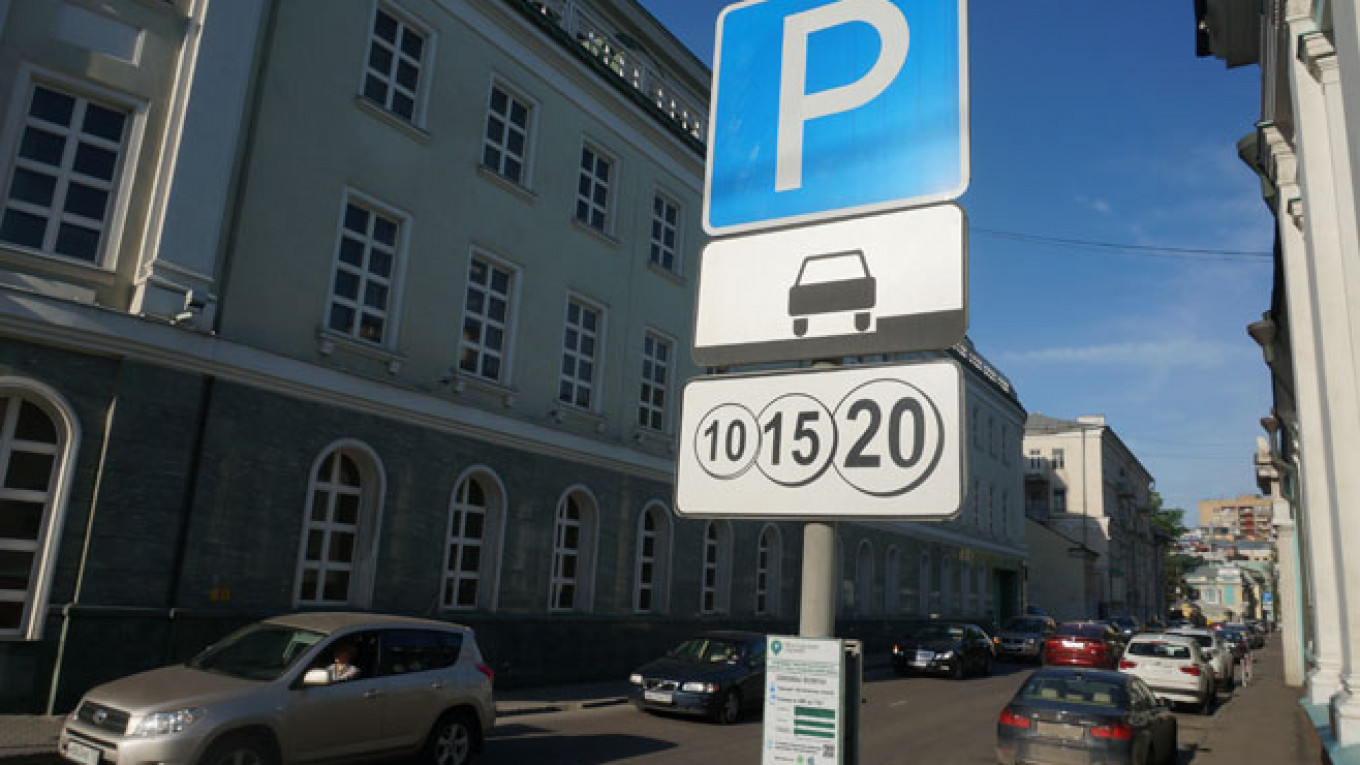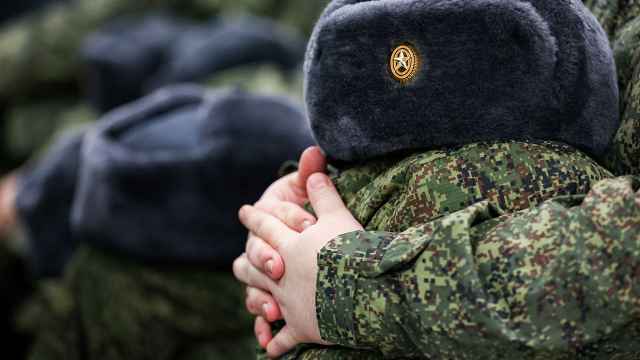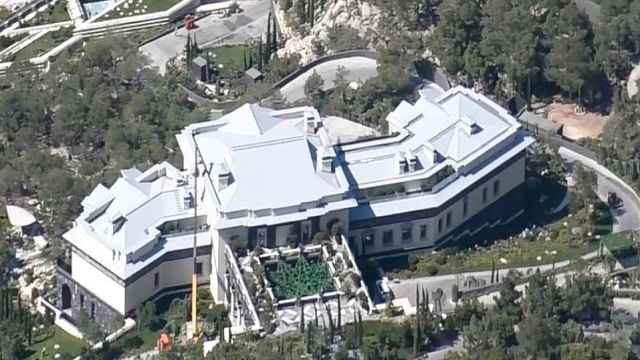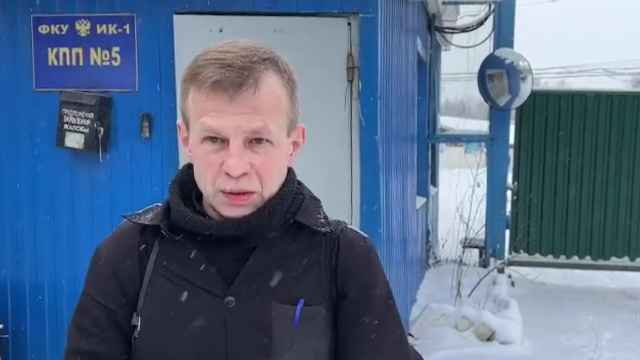City Hall has pledged to commit 2.9 trillion rubles ($83 billion) through 2020 on resolving Moscow's infamously troublesome transportation issues, which Mayor Sergei Sobyanin has declared the capital's "most acute problem."
About a fifth of Muscovites spend more than three hours a day in transit, an "unacceptable" situation, Deputy Mayor Maxim Liksutov, the head of the city's transportation department, was quoted as saying during a session of the city government last week at which he announced the new spending plan.
The city has only one foolproof way to lessen the burden, Liksutov said: "We must encourage citizens to use public transport for everyday trips and to use their private automobiles more sensibly."
To this end, Moscow will put its transit development program, which previously extended through 2016, into hyperdrive. At the same meeting, Sobyanin reiterated that Moscow will gain 130 kilometers of new subway lines by 2020, on top of the 25 kilometers built since 2011. Meanwhile, as part of the souped-up plan, 400 kilometers of road will be re-built, 240 kilometers of new railroad connections will appear in the city and surrounding regions, and passengers will finally be able to climb aboard the Moscow Ring Railway — a revamped Soviet-era freight line, which will be used to connect suburban trains with the Moscow metro.
Along with improving conditions on public transit, the city has to make travel by car a highly expensive choice, said transportation expert Mikhail Blinkin, who participated in developing the current version of the development plan. "Moscow can never be a happy car-oriented city, like Los Angeles or San Francisco," Blinkin said, adding, "promises of pleasant driving must be completely removed from the city authorities' lexicon." The city made significant progress in this direction with the introduction of paid parking last year but still has a long way to go, he added.
See also:
A Message from The Moscow Times:
Dear readers,
We are facing unprecedented challenges. Russia's Prosecutor General's Office has designated The Moscow Times as an "undesirable" organization, criminalizing our work and putting our staff at risk of prosecution. This follows our earlier unjust labeling as a "foreign agent."
These actions are direct attempts to silence independent journalism in Russia. The authorities claim our work "discredits the decisions of the Russian leadership." We see things differently: we strive to provide accurate, unbiased reporting on Russia.
We, the journalists of The Moscow Times, refuse to be silenced. But to continue our work, we need your help.
Your support, no matter how small, makes a world of difference. If you can, please support us monthly starting from just $2. It's quick to set up, and every contribution makes a significant impact.
By supporting The Moscow Times, you're defending open, independent journalism in the face of repression. Thank you for standing with us.
Remind me later.






